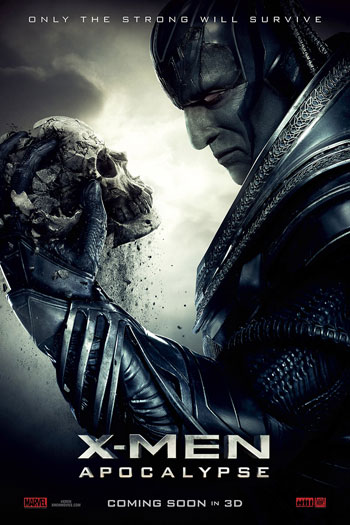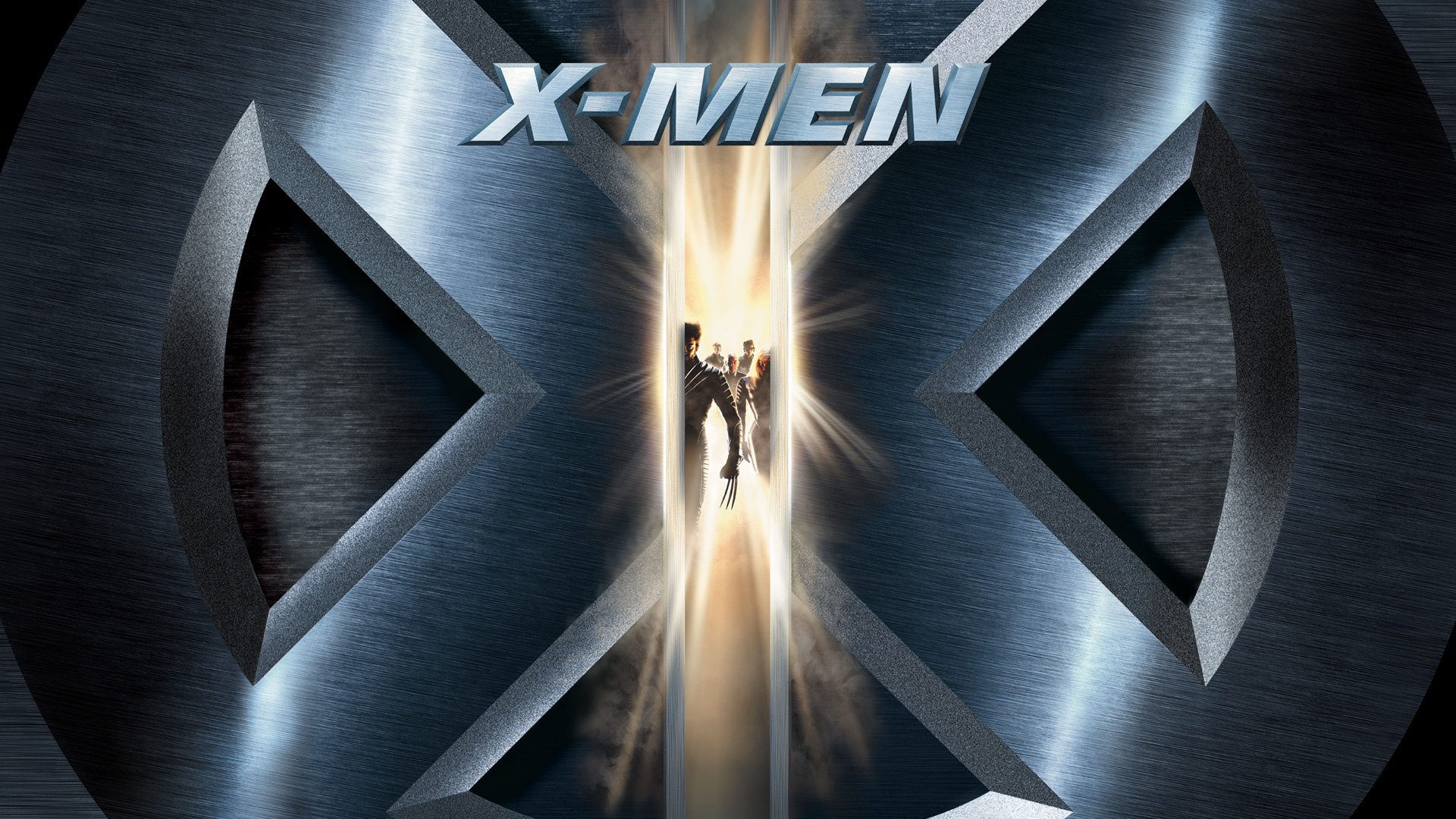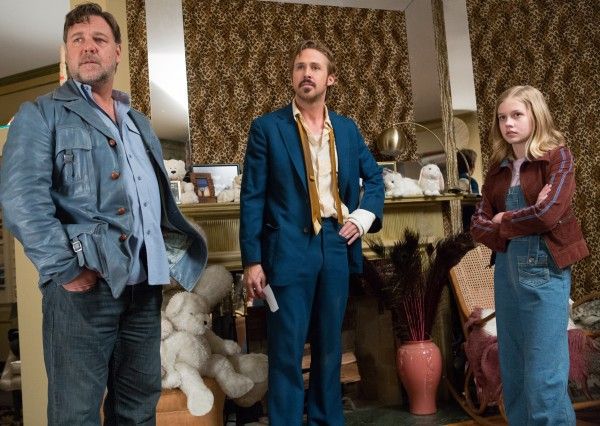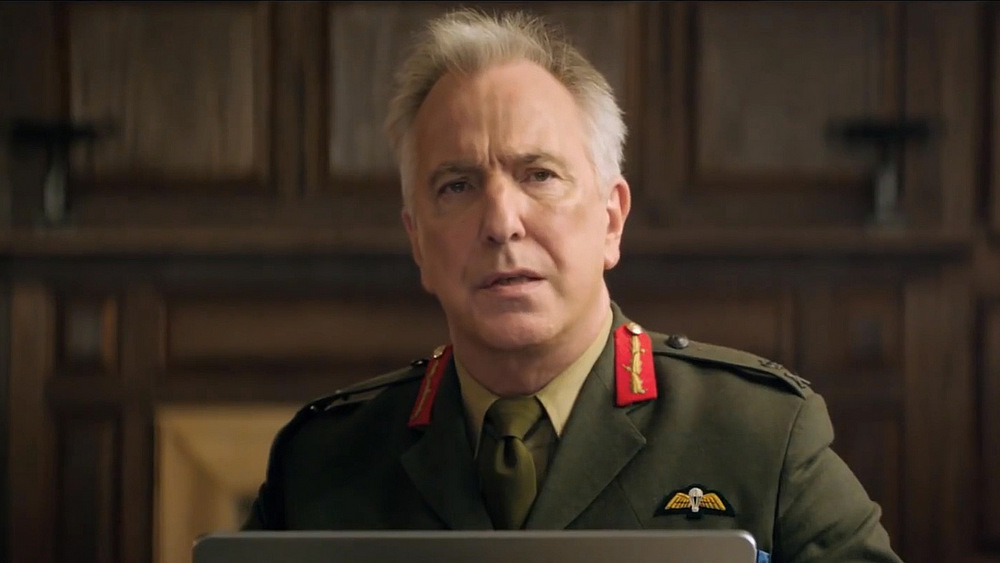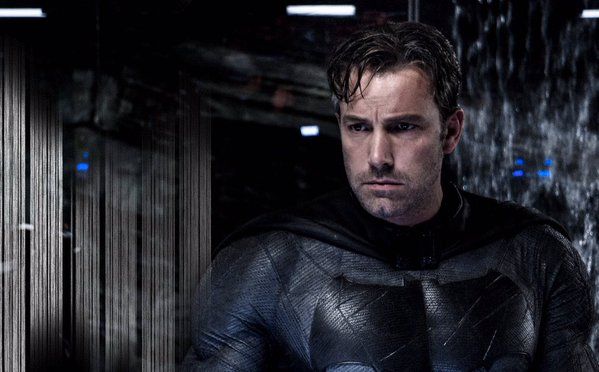 |
| This poster is more colorful than the characters or the film. |
Even in the superhero genre, the producers are expected to do more than insert scenario A and plot points one, two, and three to come out with a stale story arc. When the movie is titled Suicide Squad and the marketing focused around a bunch of comic book bad guys thrown together against their will and being rebellious at every step, the creative personnel are certainly expected to add something out of the ordinary.
Suicide Squad, however, is anticlimactic in virtually every sense of the word. It is merely another special effects dominated light show that falls right in step with the superhero (or super-antihero) assembly line. No risks are taken, no ground broken, and yet it will do the one thing it is designed to do--make money.
Much like Avengers, a mismatched and dysfunctional group of powered individuals are forced to work together and form an uneasy alliance. Unlike Marvel's showpiece, DC's latest episode gives us the five-to-ten minute backstory behind each character and waits until about a third of the way through to really ramp up the story. Director David Ayer, who has certainly done better work (i.e Fury, Training Day), could have easily cut the exposition phase in half and used the difference to create legitimate conflict rather than the artificial uneasiness that comes through in theaters.
Ayer deserves double blame for the convoluted film because he is the sole credited writer. The script is not only formulaic, but has numerous holes.
As a result, the audience cannot fully invest themselves in the characters' plight. Will Smith's "Deadshot" is perhaps the closest the film gets to solid characterization, as he is at the center of the movie's brighter moments, and Margot Robbie's hyper-objectified Harley Quinn is a distant second. The rest, however, are just along for the ride (and some advance advertising for a later DC film). The actors are not given the space to really give their characters a fighting chance for respectability. Yes, we know why they are doing what they do (they have someone they love or they love themselves enough to want to continue living), but anything more is completely lost.
Another casualty is the potentially world-ending situation created by Enchantress (Cara Delevigne) and her brother Incubus (Robert Atkin Downes). No longer worshiped like gods, they want to wipe out humanity. Cliched? Yes. Standard fare for DC? Also yes. Although the situation is hard to buy into as it stands, the film completely eliminates the suspended disbelief necessary for a film of this nature to truly work.
Ayer continues Zack Snyder's pattern of including biblical references in an odd and unhelpful manner in regards to why they are even in the film, again proving how much Suicide Squad is not rebellious but heavily conformed to the norm.
Considering how starved for creativity and good storytelling DC's norm is, that is a very bad sign.


